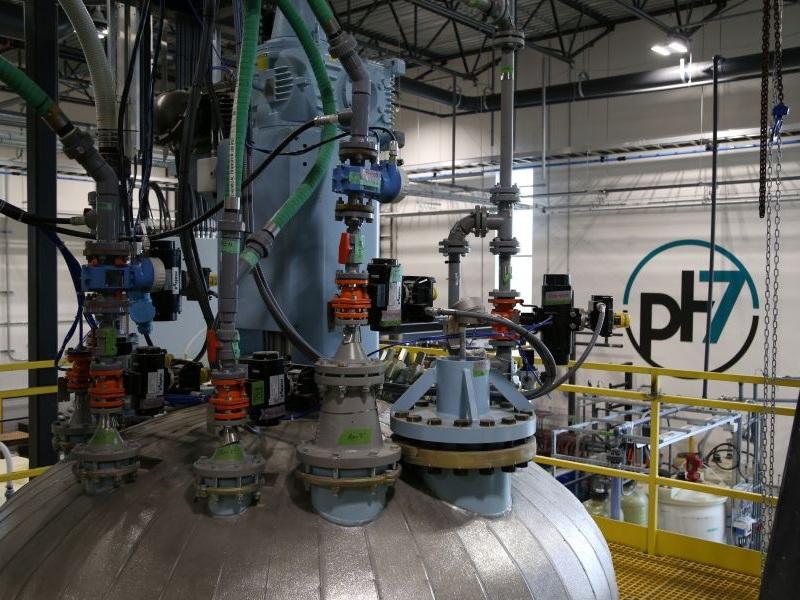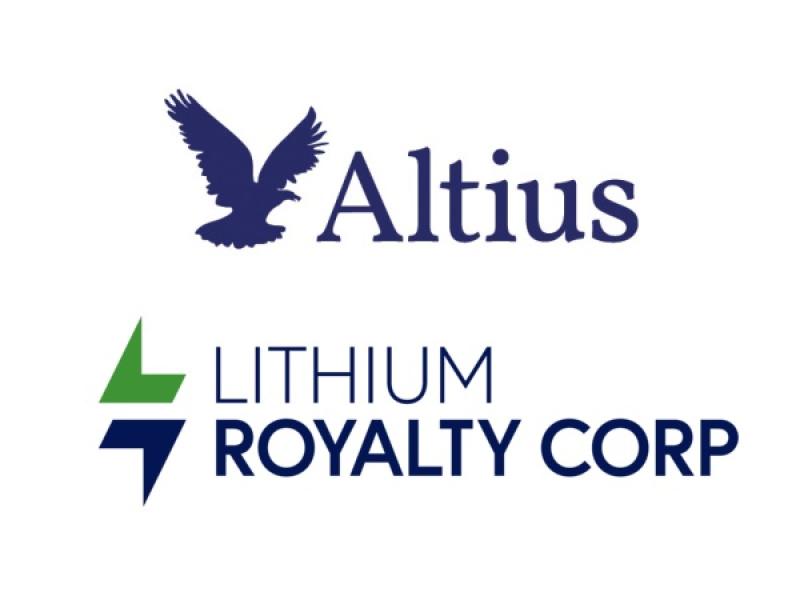Recent Articles
BMO becomes the first bank to pre-purchase carbon removal units
BMO first bank to pre-purchase carbon removal units
BMO Financial Group became the first bank to pre-purchase the permanent removal of 1,000 tonnes of carbon dioxide using Direct Air Capture (DAC) technology. The purchase was made possible via the London-based climate asset and liability management solutions firm BeZero
Manulife named to Dow Jones Sustainability Index
Manulife Financial Corporation was named to the Dow Jones Sustainability Index (DJSI), North American Composite. The DJSI is made up of leaders in sustainability among the top 20 per cent of the largest 600 Canadian and American companies.
Article 6 from COP26 to change carbon markets
• GreenBiz
Getting an agreement on rules for international trading of carbon credits, a set of negotiations known as Article 6, came down to the wire at COP26 but finally, 200 countries agreed to guidelines that will create an international market for carbon credits.
Chandos Construction commits to net-zero by 2040
National commercial builder Chandos Construction announced a commitment to be net-zero by 2040. Tim Coldwell, the company’s President, said achieving this goal across its entire portfolio will not be possible without long-term partnerships and commitments.
Langford sets requirement for greener concrete
The City of Langford’s decision to adopt a low-carbon concrete policy is being hailed by the concrete industry as a major milestone in tackling climate change, and a sign that cities are catching up to the industry’s own commitment to reducing greenhouse gases.
EVs and the future of the gas station
Gas stations are rarely designed for more than a five-minute pit stop. But for a growing number of Canadians who drive an electric vehicle, fueling your car takes closer to 45 – motivating some drivers to charge their EV at home.
Toronto plans path to reaching carbon neutrality
As the city of Toronto is poised to move its target date for becoming carbon neutral ahead to 2040, city staff released a report that proposes strategies aimed at getting Toronto to GHG levels 65 per cent lower than emissions created in 1990.
Hamilton anti-sprawl vote sets example for other cities
Last week, Hamilton council not only froze the city’s built-up urban boundary for over 30 years, it told planners to look at how to allow 110,300 units inside the city to hit the province’s targets requiring a massive rewrite of planning policies.
Wildfire-ravaged town of Lytton, B.C., is still in ruins
The B.C. government has approved a $1-million grant to the village of Lytton, in part to meet the municipal payroll. The unusual bailout was needed because there is almost no tax base left following the June 30 wildfire that destroyed most of the town.
Billions needed for B.C. dike upgrades to be resilient
• Vancouver Sun • CBC • Globe and Mail
The City of Richmond estimates it will need $1 billion in the next several decades to raise its dikes, Chilliwack needs $185 million, $121 million in Pitt Meadows 85 per cent of which is built on a flood plain, Princeton $5 million and Abbotsford $446 million.
Permafrost slump is creeping across northern Canada
Permafrost slump occurs when the permanently frozen layer of soil that underlies large swaths of Canada north of the 60th parallel begins to thaw. When that happens, it can cause roads to sag or buckle or sinkholes to open up.
Building industry aims to improve carbon emissions
Responsible building organization Architecture 2030 was active at COP26 and before the event sent a letter representing 60 companies and organizations worth more than $300 billion a letter to government officials encouraging them to support carbon reduction efforts in the industry.
Offshore wind farms could make N.S. energy exporter
• CBC
Natural gas platforms near Sable Island, N.S., were dismantled and removed years ago, but someday the shallow shelf in the North Atlantic could once again produce energy: renewable energy from offshore wind turbines.
Sustainable Marine to deliver instream tidal energy
Sustainable Marine is set to demonstrate how vast amounts of clean and predictable energy can be produced from tidal streams, after completing the construction of an onshore electrical substation on the Bay of Fundy in Nova Scotia.
Hydro One offering $25K to build safe communities
Hydro One has opened applications for communities and organizations to apply to its Energizing Life Community Fund, which will provide $25,000 in support to each selected Indigenous community, charitable organization and municipality to build safe communities and meet local needs.
Millions of pounds of food ‘rescued’ in Calgary
• CBC • Canadian Grocer
Last month alone, 39 restaurants saved their excess usable food and gave it to charities through the non-profit Leftovers. Another 105 grocers, caterers and restaurants in Calgary donated through an app from the non-profit Second Harvest and there are other apps, too.
Alberta’s EPR model a recycling game changer
Though didn’t get much attention, the Extended Producer Responsibility (EPR) model is something Edmonton and other Alberta municipalities have been championing for a long time. It is a potential game-changer in how we all recycle and pay for it.
The circular economy’s opportunities, challenges: CCA
Canada consumes materials, energy, and water at some of the highest rates in the world. Only 6% of materials entering the economy come from recycled sources while almost three-quarters are wasted according to a Council of Canadian Academies (CCA) report.
Wall street’s $22 trillion carbon time bomb
According to Moody’s Investors Service, the clock is ticking for banks, insurers, and asset managers still providing support to oil, gas and coal producers. It’s not just the moral imperative, their financial health requires leaving such companies behind.
Why ESG will still be the Wild West in 2022
• GreenBiz
There’s been a lot of encouraging news about environmental, social and governance metrics (ESG): the growth of ESG investment funds, loans, bonds, reporting systems linked to financial performance yet, despite all these changes, the ESG landscape remains treacherous and unforgiving.
 Industry Events
Industry Events
-
ECO IMPACT 2026
Feb 19 2026
to Feb 20 2026
The Westin Calgary
-
BuildGreen Atlantic
Apr 27 2026
to Apr 28 2026
Halifax, NS
-
The Evergreen Conference
May 06 2026
to May 07 2026
Toronto, ON
-
Building Lasting Change
Jun 17 2026
to Jun 19 2026
Montréal, QC
-
Retrofit Canada Conference
Jun 24 2026
to Jun 25 2026
Halifax Convention Center











